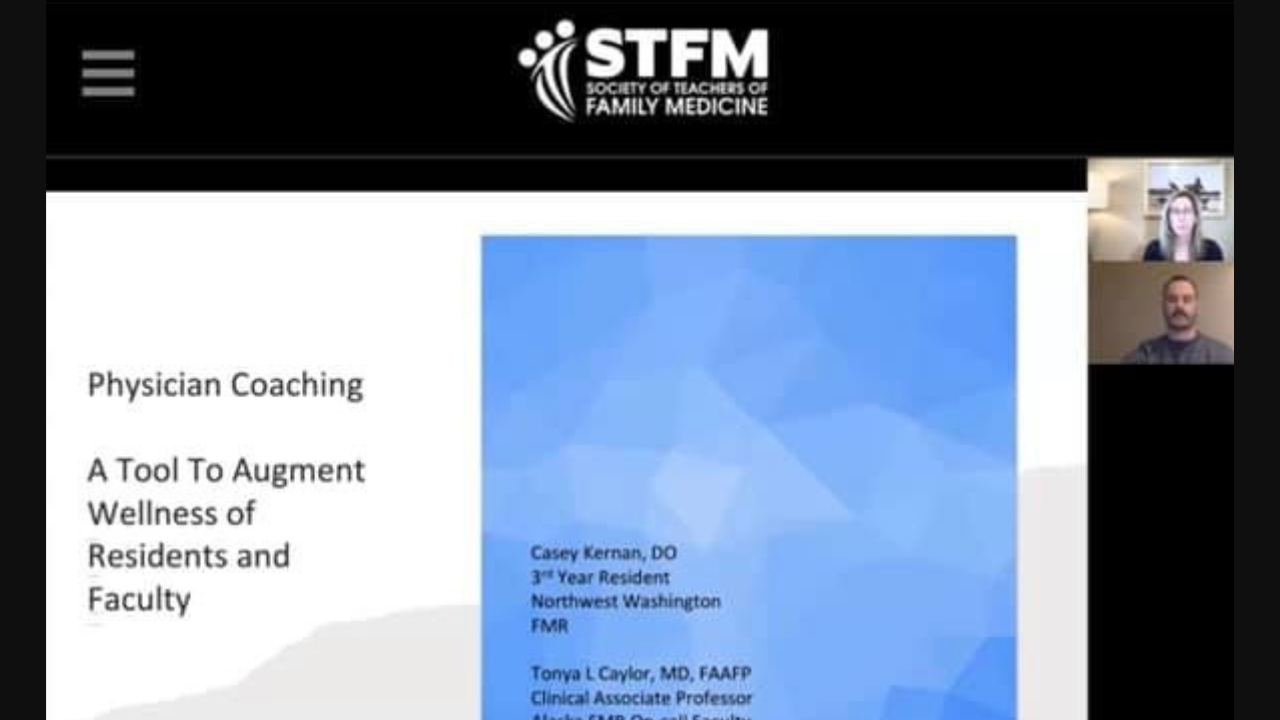The Joy in Family Medicine Blog
Insights and practical ways forward:
Rooted in years of reflection, medicine, education, and coaching
Curated to support your well-being, growth, and fulfillment as a physician.
We are continuing our blog series, What is physician coaching? So far, we have covered the definition, discussed what the co...
We are continuing our blog series, What is physician coaching? So far, we have covered the definition and discussed what bot...
We are in the middle of a blog series all about physician coaching. Last week, we reviewed the definition - what it is and wh...
I’m starting a new blog series all about physician coaching. We will cover the basics of what physician coaching is and isn’t...
This week, we conclude our series of the three foundational ingredients that support physicians’ psychological health. We cam...
This week, we are finally moving on in our series to the second key component for physicians' psychological health. Relatedne...
We are finally in the last chapter of autonomy as one of three key underpinnings of psychological fitness for physicians – au...
Continuing our series on psychological foundations for physician mental fitness (autonomy, connectedness, and competence) via...
We continue to explore the foundational needs for psychological fitness – autonomy, connectedness, and competence. Autonomy h...
We are in a series exploring the three foundational needs for physicians to optimize their psychological fitness – autonomy, ...
This month, we focus on the three basics of psychological well-being that improve vitality, motivation, and performance – Aut...
In the past, we have talked about getting back to the self-care basics. Specifically, we focused on three foundational physic...














